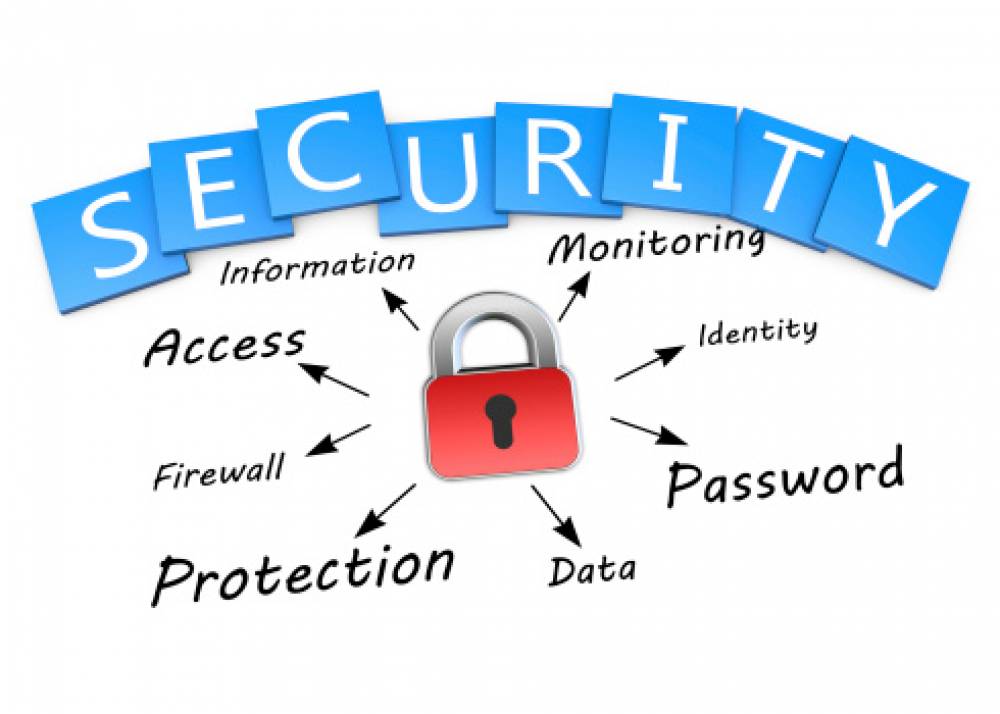
10 Most Important Cyber Security Tips for Your Users
10 Most Important Cyber Security Tips for Your Users
The internet has devolved into a dangerous environment filled with malicious links, trojans, and viruses. Breach of data is becoming more common, and unsuspecting users are more vulnerable than ever. When a single click can cost thousands, if not millions, of dollars, users require actionable steps that will assist them in remaining vigilant and safe online. Our top ten cyber security tips for your users are as follows:
Clicking Without Thinking Is Reckless
Simply because you have the ability to click does not mean you should. Bear in mind that it could cost you a lot of money. Malicious links can cause harm in a variety of ways, so always inspect links and verify that they come from trusted senders before clicking.
Use Two-Factor Authentication
While it is critical to have a strong password, two-factor, or multi-factor, authentication is even more critical. According to Lumify Work Auckland, this method incorporates two layers of security measures, ensuring that even if a hacker successfully guesses your password, an additional layer of protection is in place to prevent your account from being compromised.
Look Out for Phishing Scams
With over 3 billion phishing emails sent daily, phishing attacks are among the most serious cybersecurity threats due to their ease of use. In a phishing attack, a hacker impersonates a known individual in order to trick the recipient into opening a malicious link, divulging vital credentials, or installing software that infects the recipient's system with a virus. The best way to avoid phishing scams is to avoid emails from unfamiliar senders, to look for grammatical errors or other suspicious inconsistencies in suspicious emails, and to hover over any link you receive to verify its destination.
Keep Track of Your Digital Footprint
By monitoring your accounts, you can ensure that suspicious activity is detected. Can you recall all of the places where you have online accounts and the information stored on them, such as credit card numbers for easier payments? It's critical to monitor your digital footprint, including social media accounts, and to delete accounts that are no longer in use, while also ensuring that you use strong passwords (that you change regularly).
Keep Up With Updates
When security flaws are discovered in software, patches can be issued. If you're annoyed by these software update notifications, you're not alone. However, you can consider them the lesser of two evils when weighing the risk of malware and other types of computer infection versus rebooting your device.
Connect Securely
Cyber security advice on this subject has been disseminated by nearly every tech expert under the sun, but many still ignore it. While you may be tempted to connect your device to an unsecured connection, the risks are not worth it. When possible, connect to private networks, especially when dealing with sensitive information.
Secure Your Mobile Device
Security is not a one-way street. It's critical to establish a practice of securing your presence via your mobile device as well. Utilize strong passwords and biometric features, turn off Bluetooth, avoid auto-connecting to any public Wi-Fi, and download cautiously.
Be on the lookout for Social Engineering
When hackers are unable to exploit a security vulnerability, they will resort to other methods of attack. This brings us to social engineering. This type of attack is more focused on the user's mind than on the device, with the goal of gaining access to systems and information. Cyber criminals are constantly coming up with novel ways to dupe users, especially with the information that is publicly available online and via social media.
Back-Up Your Data
Storage is relatively inexpensive these days. There is no excuse for not maintaining a backup of critical data. Backup your data both on a physical drive and in the cloud. Bear in mind that malicious threats and hackers are not always out to steal your data; they may instead seek to encrypt or delete it. Make a backup of it to ensure that you have an ultimate recovery tool.
You’re Not Immune
The most pernicious thought is "it will never happen to me" or "I never visit unsafe websites." Cybercriminals do not discriminate when it comes to targeting different types of users. Take the initiative. Not all errors are reversible with "ctrl + Z."
Simple cyber security tips like these can go a long way toward preventing a disaster, but they only scratch the surface of ways to educate and protect your users. Cybint's comprehensive cyber education platform is designed for users of all skill levels, from novice to advanced.
Courses and Certification
Computer Security Course and Certificate
Computer Networking Course and Certificate
Machine Learning with Python Course and Certificate
Internet/Cyber Security Course and Certificate
Information Security and Cyber Law Course and Certificate
SAP Security Course and Certificate
Men's Journal is a rugged and refined lifestyle adventure travel, food and drink Get in touch: [email protected] to find out how we can help you reach everyday, affluent, and adventure seeking consumers on Men's Journal

